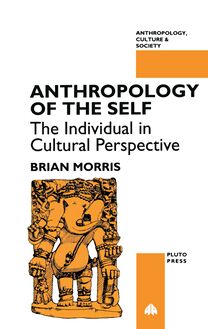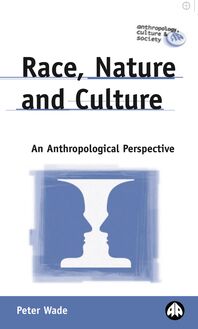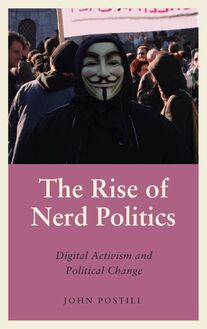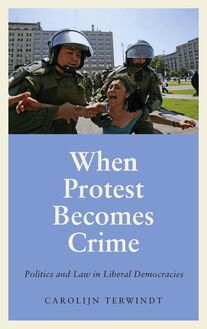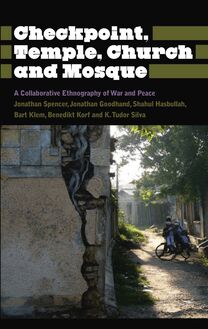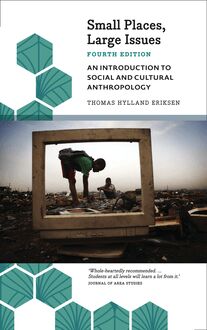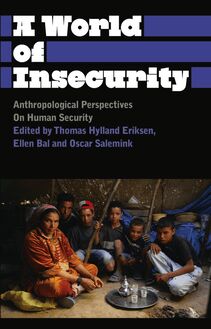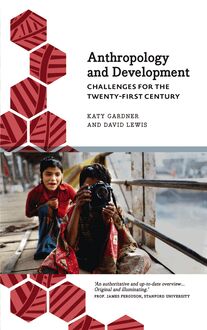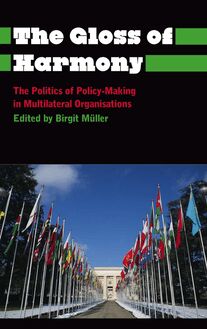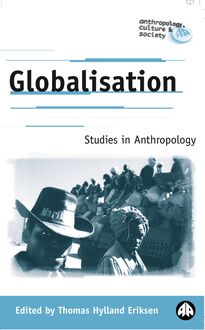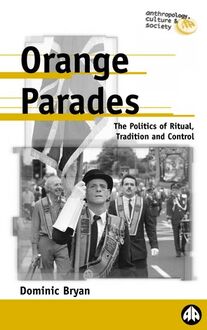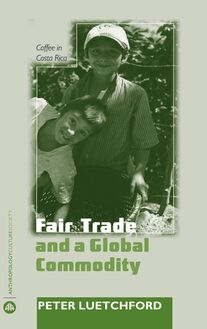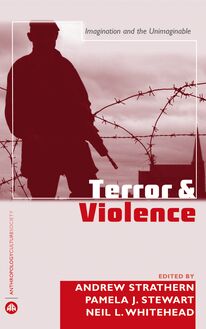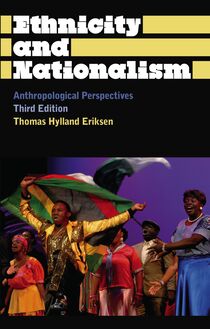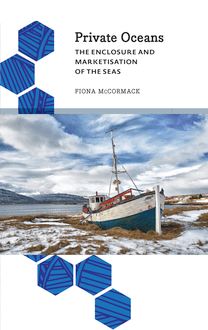-
 Univers
Univers
-
 Ebooks
Ebooks
-
 Livres audio
Livres audio
-
 Presse
Presse
-
 Podcasts
Podcasts
-
 BD
BD
-
 Documents
Documents
-
- Cours
- Révisions
- Ressources pédagogiques
- Sciences de l’éducation
- Manuels scolaires
- Langues
- Travaux de classe
- Annales de BEP
- Etudes supérieures
- Maternelle et primaire
- Fiches de lecture
- Orientation scolaire
- Méthodologie
- Corrigés de devoir
- Annales d’examens et concours
- Annales du bac
- Annales du brevet
- Rapports de stage
La lecture à portée de main
221 pages
English
Découvre YouScribe en t'inscrivant gratuitement
Je m'inscrisDécouvre YouScribe en t'inscrivant gratuitement
Je m'inscris
Obtenez un accès à la bibliothèque pour le consulter en ligne
En savoir plus
En savoir plus
221 pages
English
Obtenez un accès à la bibliothèque pour le consulter en ligne
En savoir plus
En savoir plus

Description
In the first major study of the Protestant Loyalist Orange Order in Northern Ireland, Dominic Bryan provides a detailed ethnographic and historical study of Orange Order parades.
He looks at the development of the parades, the history of disputes over the parades, the structure and politics of the Orange Order, the organisation of loyalist bands, the role of social class in Unionist politics – and the anthropology of ritual itself.
Acknowledgements
Abbreviations
Maps
1. Drumcree: An Introduction to Parade Disputes
2. Northern Ireland: Ethnicity Politics and Ritual
3. Appropriating William and Inventing the Twelfth
4. Parading 'Respectable' Politics
5. Rituals of State
6. 'You Can March - Can Others?'
7. The Orange and other Loyal Orders
8. The Marching Season
9. The Twelfth
10. 'Tradition', Control and Resistance
11. Return To Drumcree
Appendix 1 The number of parades in Northern Ireland according to RUC statistics
Appendix 2 The ‘Marching Season’: Important Loyal Order
Parading Dates.
Notes
Bibliography
Index
He looks at the development of the parades, the history of disputes over the parades, the structure and politics of the Orange Order, the organisation of loyalist bands, the role of social class in Unionist politics – and the anthropology of ritual itself.
Acknowledgements
Abbreviations
Maps
1. Drumcree: An Introduction to Parade Disputes
2. Northern Ireland: Ethnicity Politics and Ritual
3. Appropriating William and Inventing the Twelfth
4. Parading 'Respectable' Politics
5. Rituals of State
6. 'You Can March - Can Others?'
7. The Orange and other Loyal Orders
8. The Marching Season
9. The Twelfth
10. 'Tradition', Control and Resistance
11. Return To Drumcree
Appendix 1 The number of parades in Northern Ireland according to RUC statistics
Appendix 2 The ‘Marching Season’: Important Loyal Order
Parading Dates.
Notes
Bibliography
Index
Sujets
Informations
| Publié par | Pluto Press |
| Date de parution | 20 septembre 2000 |
| Nombre de lectures | 0 |
| EAN13 | 9781849640466 |
| Langue | English |
| Poids de l'ouvrage | 2 Mo |
Informations légales : prix de location à la page 0,6250€. Cette information est donnée uniquement à titre indicatif conformément à la législation en vigueur.
Extrait
ORANGE PARADES The Politics of Ritual, Tradition and Control
DOMINICBRYAN
P Pluto Press LONDON • STERLING, VIRGINIA
First published 2000 by PLUTO PRESS 345 Archway Road, London N6 5AA and 22883 Quicksilver Drive, Sterling, VA 20166–2012, USA
www.plutobooks.com
Copyright © Dominic Bryan 2000
The right of Dominic Bryan to be identified as the author of this work has been asserted by him in accordance with the Copyright, Designs and Patents Act 1988.
British Library Cataloguing in Publication Data A catalogue record for this book is available from the British Library
ISBN 0 7453 1418 X hardback ISBN 0 7453 1413 9 paperback
Library of Congress Cataloging in Publication Data Bryan, Dominic. Orange parades : the politics of ritual, tradition, and control / Dominic Bryan. p. cm. —(Anthropology, culture, and society) ISBN 0–7453–1418–X (hardback) 1. Parades—Northern Ireland—History. 2. Orange Order—History. 3. Social control—Northern Ireland. 4. Social classes—Northern Ireland. 5. Nationalism—Northern Ireland. 6. Political customs and rites— Northern Ireland. 7. Northern Ireland—Politics and government. I. Title. II. Series. GT4046.A2 B78 2000 394'.5—dc21 00–0088
09 10
08 9
07 8
06 7
05 6
04 5
03 02 4 3
01 2
00 1
16
Designed and produced for Pluto Press by Chase Production Services, Chadlington, OX7 3LN Typeset from disk by Stanford DTP Services, Northampton Printed in the European Union by TJ International, Padstow
For Elizabeth and Peter
CONTENTS
Acknowledgements Abbreviations Maps
1 2 3 4 5 6 7 8 9 10 11
Drumcree: An Introduction to Parade Disputes Northern Ireland: Ethnicity, Politics and Ritual Appropriating William and Inventing the Twelfth Parading ‘Respectable’ Politics Rituals of State ‘You Can March – Can Others?’ The Orange and Other Loyal Orders The Marching Season The Twelfth ‘Tradition’, Control and Resistance Return to Drumcree
viii ix x
1 11 29 44 60 78 97 118 137 155 173
Appendix 1The Number of Parades in Northern Ireland According to RUC Statistics 182 Appendix 2The ‘Marching Season’: Important Loyal Order Parading Dates 183 Notes185 Bibliography190 Index197
vii
ACKNOWLEDGEMENTS
The research for this book was made easier thanks to the assistance, encour-agement and financial help of a number of departments and individuals. I have received a lot of time and patience from members of the Orange Institution and other individuals, and political groups in Northern Ireland, the Republic of Ireland, England and Scotland for their time and patience. To all of these people I am grateful. I have not quoted directly from the interviews I conducted but I hope the views and understandings people have given me are reflected in what I have written. Funding, whilst conducting this research, was difficult. I am particularly grateful to the Cultural Traditions Group (now the Cultural Diversity Group), part of the Community Relations Council, to the University of Ulster for providing me with a studentship in 1995 and 1996, and to the Central Community Relations Unit for providing funding for work on related issues. Staff at the former Department of Sociology and Social Anthropology, now the School of Social and Community Sciences, at the University of Ulster have been supportive over many years. I am also grateful to the School of Anthro-pological Studies at the Queen’s University, Belfast, to the Centre for the Study of Conflict at the University of Ulster and Democratic Dialogue, Belfast, for their encouragement and help in facilitating research needs. A lot of people have helped me over the past few years. My thanks, in particular, go to Gerard Bryan, Paul and Jake Campbell, Maurna Crozier, Julita Clancy, Hastings Donnan, Ciro De Rosa, Seamus Dunn, Tom Fraser, Gordon Gillespie, Colin Harper, Simon Harrison, Arthur McCullough, David Officer, Sophie Richmond, Andrew Sanders, Elizabeth Tonkin, Robin Wilson and Tom Wilson. Most of all I have been lucky enough to have enjoyed a productive working relationship with my friend Neil Jarman. Many of the ideas in this book derive from collaborating with Neil over seven years. Body and soul have been held together by Deidre, Nessie, Harry, Elizabeth and Peter. In the end, of course, the responsibility for this work is my own.
viii
ABBREVIATIONS
AOH Ancient Order of Hibernians MSUMobile Support U nit DUP Democratic Unionist Party INF Irish National Foresters IOO Independent Orange Order IRA Irish Republican Army LOCC Lower Ormeau Concerned Community LOL Loyal Orange Lodge LVF Loyalist Volunteer Force NICRA Northern Ireland Civil Rights Association NILP Northern Ireland Labour Party PUP Progressive Unionist Party RUC Royal Ulster Constabulary SDA Shankill Defence Association SDLP Social Democratic and Labour Party UDA Ulster Defence Association UDP Ulster Democratic Party UDR Ulster Defence Regiment UFF Ulster Freedom Fighters UPV Ulster Protestant Volunteers UUP Ulster Unionist Party UVF Ulster Volunteer Force YCV Young Citizens Volunteers
ix
x
Map1Belfast
Orange Parades
Maps
Map 2 Northern Ireland
xi
xii
Map 3 Portadown
Orange Parades
1
DRUMCREE: AN INTRODUCTION TO PARADE DISPUTES
On the evening of Monday 10 July 1995 I stood on a hill by the stone wall of a church graveyard, and watched two men walk down the hill to talk to some policemen. One was wearing an orange collarette, or sash, the other a crimson one. By Friday 8 September, one of those men, David Trimble MP, had become leader of the Ulster Unionist Party, the largest political party in Northern Ireland. After being elected to that post Mr Trimble was asked if his success in becoming leader was due to the events of July along the road from that church. He answered that it was not. However, in my view, whilst it is true to say that those events alone did not make David Trimble leader, had they not taken place he may well have had to wait a few more years. What took place that July evening? The graveyard is situated around Drumcree church about a mile outside Portadown in County Armagh. Standing on the hill were thousands of Ulster Protestants, most of them members of an institution known as the Orange Order. Along with us were cameras from major television companies as well as journalists from around the world. Consequently, a global audience saw those two men walk down the hill to talk to the policemen. Many watching would have recognised the man walking with David Trimble as the Reverend Ian Paisley, a man whose reputation as orator, defender of Protestantism and scourge of ‘Popery’, is second to none. Paisley had just climbed down from a platform where, in characteristic style, he had told the gathered crowd that the future of Ulster might be decided that night. He is not a member of the Orange Order. Rather the crimson collarette he wears represents a separate yet similar organisation known as the Apprentice Boys of Derry. Along with us all at Drumcree were the policemen of the Royal Ulster Con-stabulary (RUC). Dressed in riot gear, hundreds of them stood along the narrow country lane beside dozens of the armoured Land Rovers that have been such a distinctive part of policing in Northern Ireland. The previous afternoon, a number of policemen had accompanied lines of Orangemen on a parade up to the church for a religious service in commemoration of the Battle of the Boyne (a battle fought in Ireland over 300 years ago). However, senior policemen, aware of a counter-demonstration, had decided under legislation specific to Northern Ireland that the Orangemen could not parade
1
-
 Univers
Univers
-
 Ebooks
Ebooks
-
 Livres audio
Livres audio
-
 Presse
Presse
-
 Podcasts
Podcasts
-
 BD
BD
-
 Documents
Documents
-
Jeunesse
-
Littérature
-
Ressources professionnelles
-
Santé et bien-être
-
Savoirs
-
Education
-
Loisirs et hobbies
-
Art, musique et cinéma
-
Actualité et débat de société
-
Jeunesse
-
Littérature
-
Ressources professionnelles
-
Santé et bien-être
-
Savoirs
-
Education
-
Loisirs et hobbies
-
Art, musique et cinéma
-
Actualité et débat de société
-
Actualités
-
Lifestyle
-
Presse jeunesse
-
Presse professionnelle
-
Pratique
-
Presse sportive
-
Presse internationale
-
Culture & Médias
-
Action et Aventures
-
Science-fiction et Fantasy
-
Société
-
Jeunesse
-
Littérature
-
Ressources professionnelles
-
Santé et bien-être
-
Savoirs
-
Education
-
Loisirs et hobbies
-
Art, musique et cinéma
-
Actualité et débat de société
- Cours
- Révisions
- Ressources pédagogiques
- Sciences de l’éducation
- Manuels scolaires
- Langues
- Travaux de classe
- Annales de BEP
- Etudes supérieures
- Maternelle et primaire
- Fiches de lecture
- Orientation scolaire
- Méthodologie
- Corrigés de devoir
- Annales d’examens et concours
- Annales du bac
- Annales du brevet
- Rapports de stage
Signaler un problème
YouScribe
Le catalogue
Le service
© 2010-2024 YouScribe
